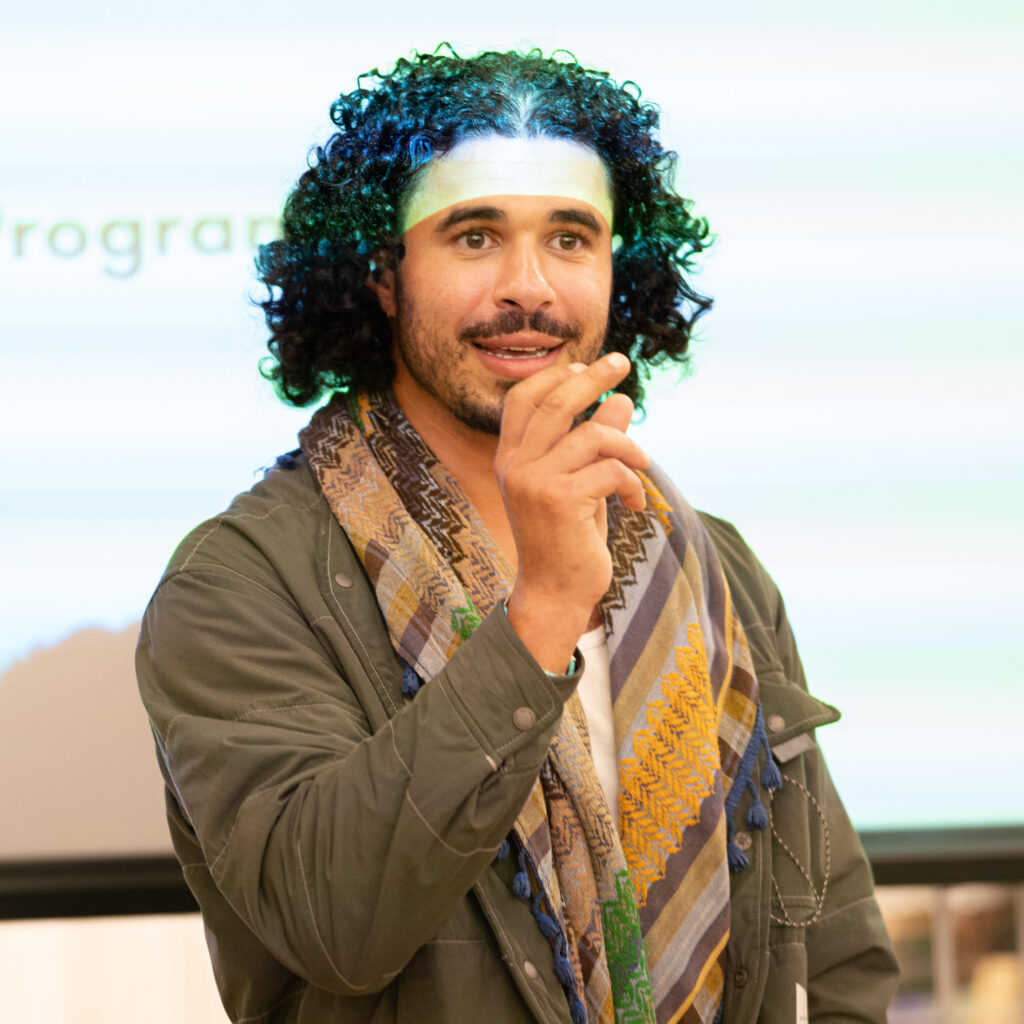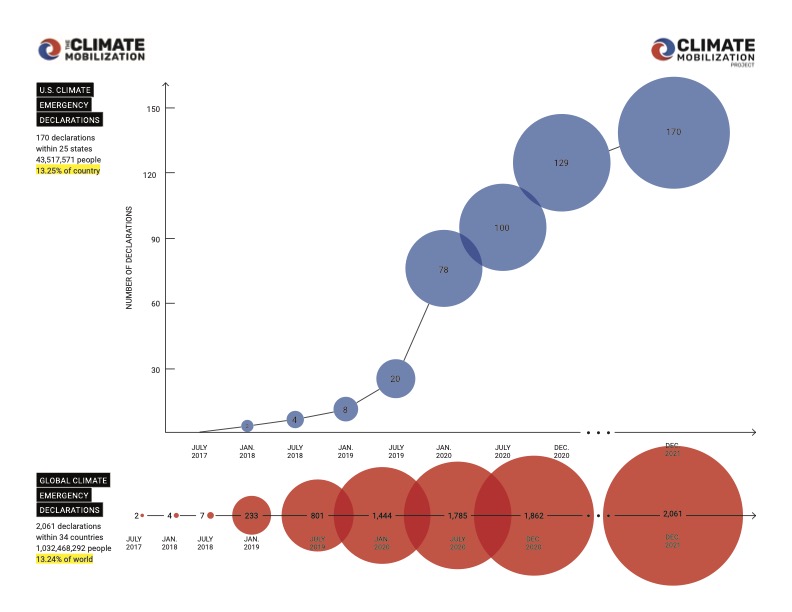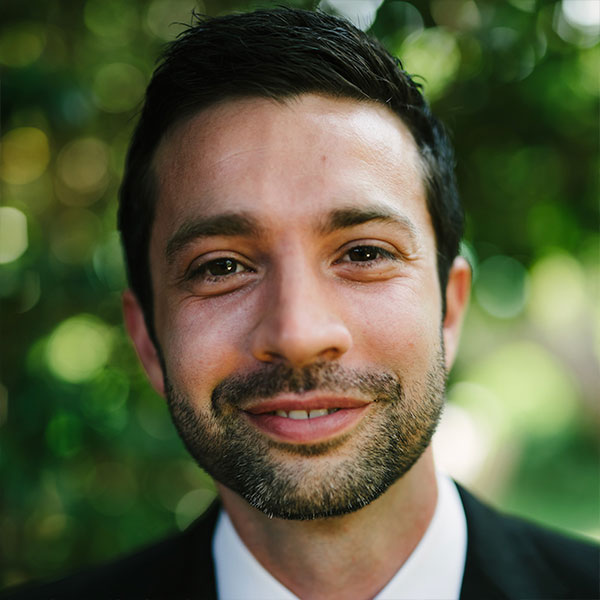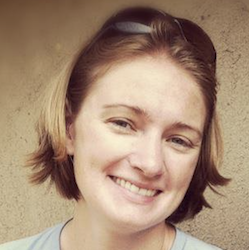
On Wednesday July 3, by 13-0-2 vote of the City Council, the City of Los Angeles became the first government in the world to create and fund an official City Office and City Commission to develop and implement a mobilization plan, in response to the climate emergency.
This vote enacts the following:
-
Creation of the Office of the Climate Emergency Mobilization, with a director who will help design and implement the city’s mobilization plans;
-
Establishment of a representative Climate Emergency Commission;
-
Initiating Community Assemblies to bring traditionally marginalized voices into the decision-making process;
-
Formalizing L.A.’s declaration of Climate Emergency within 60 days.
This action by the City of L.A. is concrete progress towards the kind of WWII-scale mobilization that is necessary to drive down emissions, capture excess carbon, and protect L.A. residents as the climate emergency accelerates.
“L.A.’s vote today to initiate a funded, large-scale climate emergency program shows the way forward for the hundreds of local governments across the world that have declared a climate emergency, including New York City,” said Ezra Silk, Director of Strategy & Policy for The Climate Mobilization (TCM).
This effort was led by Leap L.A., a coalition of frontline community groups and environmental justice organizers, which has been working for three years towards a vision of L.A. as a zero-emissions, resilient city that prioritizes environmental justice and a just transition. A key component of a just transition is ensuring that workers displaced by the move away from fossil fuels are prioritized for retraining, education, assistance and job placement in positions of comparable pay in clean energy industries.
Current Leap L.A. coalition members include Communities for a Better Environment, Physicians for Social Responsibility-Los Angeles, Esperanza Community Housing, Strategic Concepts in Organizing and Policy Education, The Leap, 5 Gyres, and representatives from the American Indian Movement. TCM has played an active role in the coalition and this effort for over two years as a steering committee member and is now an ally organization to Leap L.A.

Leap L.A. organizations, their members, and allies have been working with the Energy, Climate Change, and Environmental Justice Committee of the L.A. City Council. Leap L.A. has consistently advocated for a solution that would democratize, detoxify, and decarbonize L.A.’s economy, which is heavily based on fossil fuels and petrochemicals.
The Climate Emergency Commission will consist of an appointee from each of the three historic local tribes of indigenous people — the Gabrielino-Tongva, the Fernandeño-Tataviam, and the Chumash — as well as seven appointees from communities classified as most impacted by environmental injustice by the CalEnviroScreen, and two youth appointees. Representatives from Los Angeles Department of Water and Power and the City’s Petroleum Administration will also be appointed to the Commission, as well as a representative from the labor community and a small business owner. The commission is to be rounded out by additional City agency representatives and three policy experts on climate science/air quality, toxics, and workforce.
Community engagement and collaboration with local communities across Los Angeles has been prioritized by the City Council with this vote. The revised motion calls for the initiation and funding of Community Assemblies, which will empower marginalized and frontline communities to provide direct input on proposed policies and programs proposed to address the Climate Emergency. “We will immediately launch Community Assemblies by which our frontline communities will be engaged in the effort so they can lead us where we need to go to serve them most effectively,” said Councilmember Paul Koretz, who has championed this effort from the beginning. Community Assembly participants will receive training that will enable them to develop proposals for pilot projects that would be undertaken by the CEMD.
Next Steps
TCM’s Silk wants to see the city go further. The Climate Mobilization applauds this important step of providing funding and creating new, representative decision-making bodies, and encourages the City Council to quickly adopt the full proposal submitted on March 15 by Councilmember Koretz and Leap L.A.
“We hope that L.A. deepens its commitment to climate emergency action by ending neighborhood oil drilling and establishing a city-wide Climate Emissions Budget and Climate Emergency Mobilization Department (CEMD) with all the necessary authority to plan and coordinate a city-wide mobilization to transform L.A. to zero emissions before the 2028 Olympics, and to catalyze a global mobilization to restore a safe climate,” Silk said.
A Climate Budget would account for present and historical greenhouse gases and toxic air pollutants and would be developed alongside the City’s financial budget. The Climate Budget would be used to establish L.A.’s allowable annual emissions levels and requirements for carbon drawdown in order to meet the City’s climate targets.
TCM’s ongoing Climate Emergency Campaign has been pushing local governments to declare climate emergency across the globe, with over 700 having done so to date. Declaring a Climate Emergency is the first step toward climate mobilization, but tangible action must follow. The communities and their elected representatives in Los Angeles have been working to lead and to help define what mobilization means in one of the largest cities in the U.S. This action by the City of L.A. represents a significant advancement in the governmental response to the emergency.
Watch a short video on the concept of climate mobilization, featuring speakers from a kickoff event in Los Angeles in 2017.

















